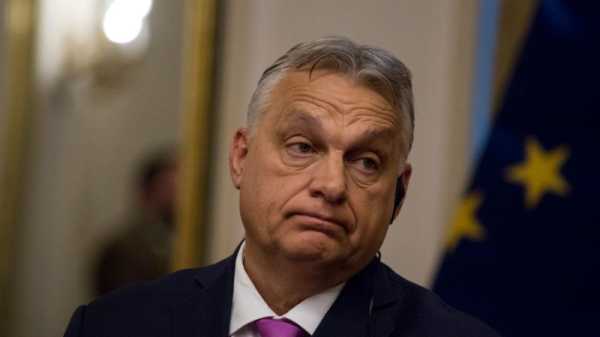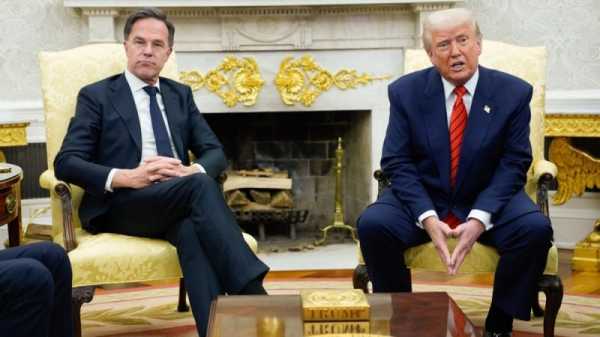
Checks at Germany’s eastern border could be on the horizon, according to Interior Minister Nancy Faeser (SPD/S&D) on Saturday, as the government gears up for a sharp crackdown on irregular migration in what will be another blow to the Schengen Area.
Illegal border crossings into Germany were up by more than a quarter in August compared to the previous month and nearly double the amount in August 2022, according to the federal police.
“I want to act pragmatically, and from my perspective [temporary border checks at the Polish and Czech border] are a possible option to fight harder against smugglers,” Faeser told Welt am Sonntag.
The move would come as the latest blow to the Schengen rules, guaranteeing free movement between participating EU countries. Most recently, Austria introduced new checks at the border with Italy, while Germany has been conducting its own at the border with Austria.
The ongoing refusal from Austria to allow Bulgaria to enter the area and uncertainty over Romania’s accession are also a thorn in the side of the initiative.
Faeser had initially opposed stationary checks at Germany’s eastern border, arguing they were too disruptive and a last-resort measure.
However, the government’s tone gradually shifted with increasing political and migratory pressure.
“We’re currently reviewing additional border policing measures,” a Interior Ministry spokesperson told dpa.
Meanwhile, Germany is edging closer to a cross-party deal to crack down on irregular migration as the Greens, a junior partner in Germany’s three-way coalition, signalled that the government was willing to collaborate with opposition parties on the matter.
“If we don’t want right-wing populists to exploit this topic, all the democratic parties are required to help find solutions,” the Green Vice-Chancellor Robert Habeck told RND in an interview published on Saturday.
The CDU/CSU, the largest opposition party group in parliament, urged the government to work together on migration control. Friedrich Merz, the leader of the CDU, and Carsten Linnemann, its general secretary, reaffirmed this offer respectively over the weekend.
Linnemann compared the situation to 1993 when the government and the opposition collaborated to limit the right to asylum significantly.
With regard to measures, Habeck suggested reducing the administrative burden for municipal authorities and striking more deals with countries of origin to repatriate migrants who were denied asylum. However, he rejected calls for caps on migration, believing that to be inefficient.
(Nick Alipour | Euractiv.de)
Read more with EURACTIV

Germany’s Baerbock joins chorus criticising EU migration deal with TunisiaGerman Foreign Minister Annalena Baerbock joined a growing chorus of critics of the European Union’s new migration deal with Tunisia, saying human rights and procedural faults ruled it out as a blueprint for the future.
Source: euractiv.com



